FORM T1135: NEW REPORTING REQUIREMENTS FOR
CANADIANS WITH OFFSHORE PROPERTY AND INCOME
Vol. V No. 4 • August 2013
On June 25, 2013, the Canada Revenue Agency (CRA) announced a revision to form T1135 (Foreign Income Verification Statement) as part of its measures to crack down on international tax evasion and aggressive tax avoidance. The revised form is applicable to 2013 and subsequent taxation years and will include the disclosure of substantially more detailed information with respect to each specified foreign property held.
Note that the criteria for those who must file form T1135 has not changed – that is, Canadians who hold specified foreign property with a cost of over $100,000 at any time in the year. Specified foreign property includes funds held in foreign bank accounts, shares in non-resident corporations, bonds and other indebtedness owed by non-residents, investments in foreign real estate, foreign partnerships and foreign mutual funds or an interest in a foreign trust. It does not include personally used real estate such as a vacation home, shares in foreign affiliates or property held in the course of carrying on an active business.
Additional T1135 Information Reporting Requirements
If you hold a portfolio of foreign securities within a Canadian brokerage account where T3 or T5 slips are produced to report the income on those assets, you can breathe a sigh of relief since you are exempt from the new requirements for those assets and are only required to tick the box claiming the exemption on the new T1135 form.
However, for the remaining specified property, the updated T1135 form will require disclosure of additional details on a property-by-property basis, which will be time-consuming and onerous.
The additional reporting requirements include:
-
- The name of the specific foreign institution or other entity holding funds outside Canada;
-
- For shares in a foreign entity, the name of the foreign corporation issuing the shares;
-
- The specific country to which the foreign specified property relates;
-
- Income generated from each specific foreign property, and, in the case of a trust, capital distributions received during the year;
-
- The maximum cost amount during the year;
-
- The cost amount at the end of the year;
-
- The name of any foreign trust in which a taxpayer holds an interest; and
-
- A description of all real property outside of Canada (except, as previously mentioned, property for personal use and real estate used in an active business)
In particular, for taxpayers with extensive foreign holdings held in foreign institutions, we suggest that you start to prepare for the additional reporting requirements by gathering and documenting the required information as soon as possible during the course of the year. This will greatly facilitate the efficient completion of form T1135 for 2013 and mitigate the increase in cost of compliance.
The CRA has provided that corporations whose taxation year ends before July 1, 2013 can file the old T1135 form. However, those corporations whose taxation year ends after June 30, 2013 will have to complete and file the new T1135 form. This would also apply to trusts and partnerships.
For your clarification, if you hold U.S. company shares (e.g. Microsoft, Apple, etc.) with a U.S. broker (e.g. Morgan Stanley), you are required to disclose the additional information listed above with respect to the shares of each U.S. company. The format of the revised T1135 form does not allow for aggregated information, as was applicable under the old T1135 form.
The new form can be completed with amounts reported in functional currency if you filed the functional currency election pursuant to paragraph 261(3)(b) ITA. Otherwise, all amounts must be converted into Canadian dollars.
The electronic filing for form T1135 is being developed, and the CRA will announce when electronic filing is available.
Extended Reassessment Period
The new measures extend the normal reassessment period for a taxation year of a taxpayer (including both individuals and corporations) by three years if a taxpayer has failed to report income from a specified foreign property on their income tax return, and if the T1135 form was not timely filed or a specified foreign property was not identified or was improperly identified.
In order to improve the process, the CRA notes that it will provide to those taxpayers who previously filed form T1135 a reminder of the T1135 obligation on their notices of assessment.
If you have any questions regarding the new T1135 reporting requirements, please do not hesitate to contact a member of our Tax Department.
The matters highlighted in this tax memo are presented in broad general terms and, of course, cannot be applied without consideration of all circumstances. The firm will be pleased to discuss with recipients the possible effects of these matters in specific situations.
For additional information, please contact a member of our Tax Department.
Search Directory
Download a PDF of this issue of Tax Target








